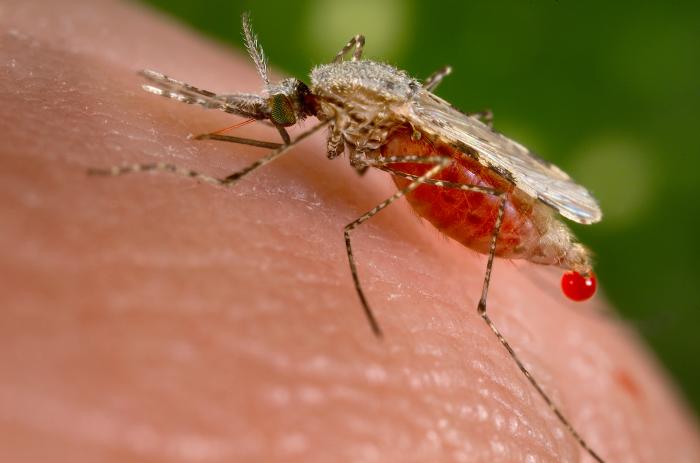
Michael Behe’s New Book Dispels Malaria Evolution Fog
Today’s ID the Future provides another peek at A Mousetrap for Darwin: Michael J. Behe Answers His Critics. Here Behe and host Eric Anderson discuss the new book’s section on malaria evolution. Evolutionists say malaria’s ability to evolve resistance to the antimalarial drug chloroquine is powerful evidence of unguided microbe-to-man evolution. Behe discusses how this evolutionary innovation required two coordinated mutations and lies at the outside edge of what blind evolution can manage. But many innovations in the history of life require three or more coordinated mutations, which Behe argues is so improbable as to lie beyond the reach of blind evolution. If so, this would discredit evolutionary theory. Drawing from his new book, Behe discusses various attempts to discredit his argument and explains why he’s convinced that each such attempt collapses under scrutiny.
